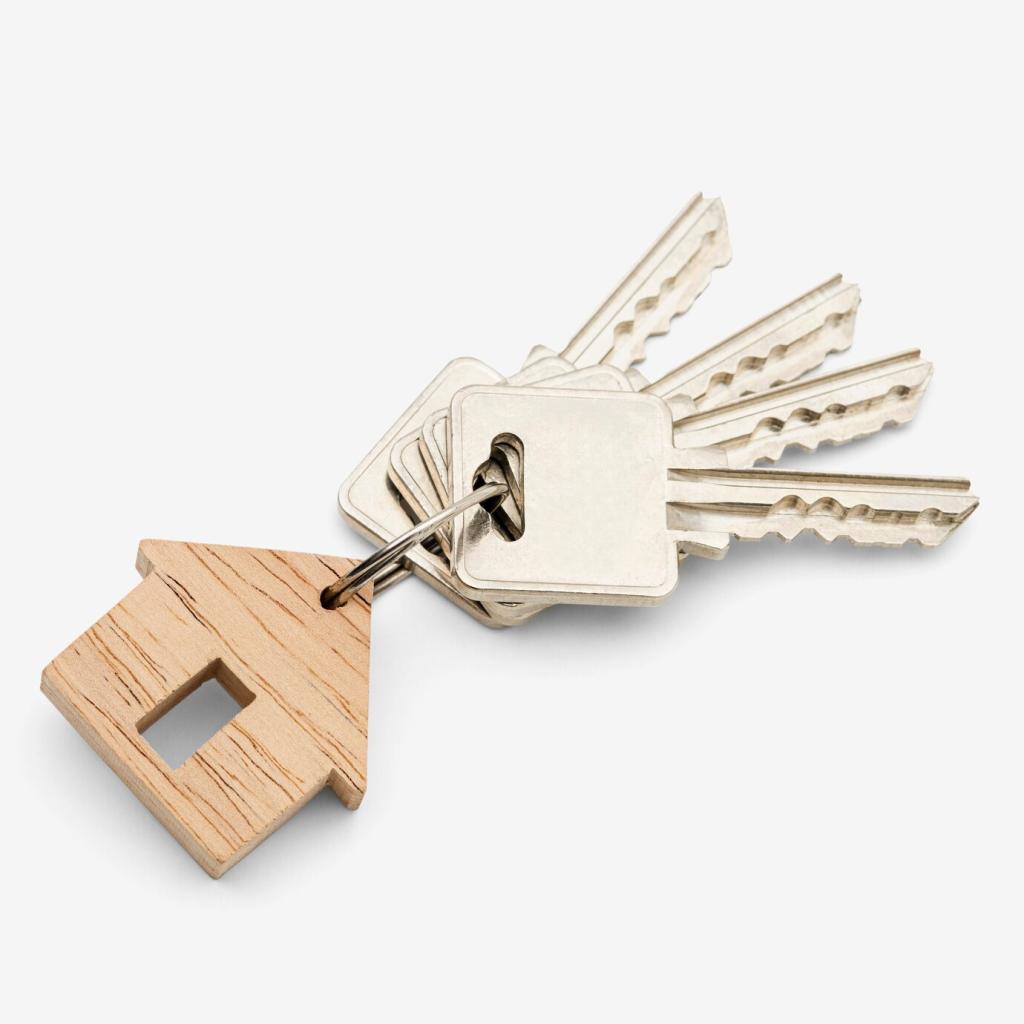
Understanding Steel Ratings: Durability and Security for Homeowners
Selected Theme: Understanding Steel Ratings: Durability and Security for Homeowners. Welcome home to clarity. We’ll demystify gauges, grades, and standards so you can choose steel that stands up to weather, wear, and would‑be intruders. Read, share your questions, and subscribe for practical homeowner‑first insights.
Steel Ratings Decoded for Everyday Homes
For sheet steel, a lower gauge number means thicker metal. Many budget doors use 22–24 gauge skins, while sturdier options step up to 18–16 gauge. Thicker steel resists dents, warping, and kick‑ins better, especially at the strike side and hinges.
Steel Ratings Decoded for Everyday Homes
Mild steel grades are common for doors and frames, while higher‑strength alloys are used where dent resistance and structural stability matter. Stainless options, like 304 and 316, deliver superior corrosion resistance. Ask for published strength data, not just marketing terms.

Corrosion Resistance for Your Climate
Coastal homes face salt spray that accelerates rust, making G90 galvanizing or marine‑grade stainless a smart investment. Inland, G60 with quality powder coat and sealed seams often suffices. Rinse salt residue seasonally and touch up chips promptly to preserve protection.

Fire‑Rated Assemblies, Not Just Metal
Fire ratings cover the complete door assembly—leaf, frame, hardware, and seals—not the steel alone. Look for labeled assemblies with 20, 45, 60, or 90‑minute ratings, installed per code. Self‑closing devices and intumescent seals are critical to performance during a fire.

Wind and Impact‑Rated Garage Doors
Hurricane and high‑wind zones often require wind‑load reinforcement or impact‑rated doors. Heavier‑gauge skins with internal struts hold shape under pressure. Confirm local code requirements and consider adding better bottom seals to keep wind‑driven rain and pests outside.
Choosing Steel by Space: Entry, Garage, and Perimeter
For the main entry, prioritize 18‑ or 16‑gauge skins, a rigid core for sound and thermal control, and a reinforced lock edge. Pair with a Grade 1 deadbolt, long screws, and a steel frame. Weatherstripping and thresholds complete the durability and comfort package.
Choosing Steel by Space: Entry, Garage, and Perimeter
Double‑skin steel panels with polyurethane insulation boost stiffness and energy performance. Heavier‑gauge skins resist everyday bumps from bikes and ladders. Look for pinch‑resistant hinges, quality rollers, and a quiet opener. Annual tune‑ups keep the system safe and steady.


Where to Spend First
Prioritize the main entry and any door hidden from street view, where break‑ins often occur. Upgrading from 22‑ to 18‑gauge skins and adding Grade 1 hardware costs less than repairing a single forced entry and brings everyday peace of mind.
Lifetime Math Made Simple
Consider repaint cycles, hardware replacements, and corrosion risks over ten to fifteen years. Stainless or higher‑zinc coatings cost more upfront but can slash maintenance. Factor energy savings from insulated doors when comparing options—comfort and quiet also add real value.
Warranty Clues
Read the fine print: coating class, finish durability, and whether the warranty is transferable. Check exclusions for coastal zones and required maintenance. A clear, long warranty from a reputable brand signals confidence in steel quality and protective finishes.

A Quick Story from a Windy Street
Mia’s old 22‑gauge door rattled in storms and showed pry marks after a failed break‑in. She upgraded to an 18‑gauge steel door, a Grade 1 deadbolt, and a reinforced frame. The next wind event? Quiet, solid, and finally, she slept without worry.

Care Calendar You Can Actually Keep
Quarterly, rinse dirt and salt, inspect paint for chips, and lubricate hinges and locks. Annually, check weatherstripping, fasteners, and alignment so deadbolts throw cleanly. Quick, regular care preserves coatings and keeps rated performance closer to day‑one strength.
